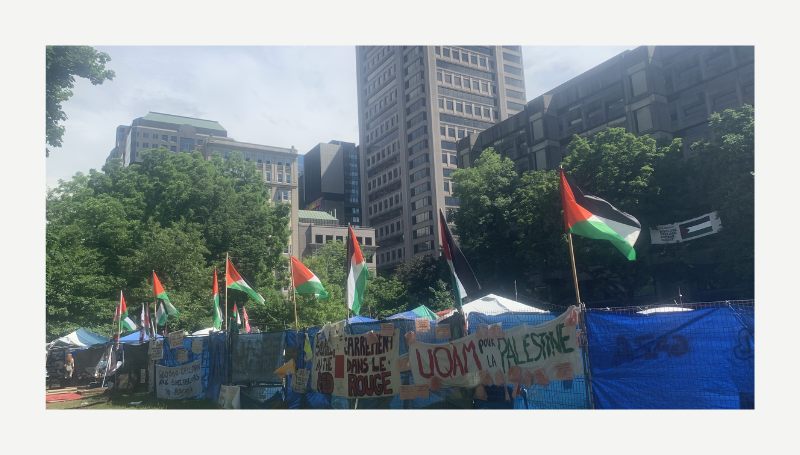Neetu Arnold
Tablet, June 25, 2024
“Once students arrive on campus and are exposed to the Israeli-Palestinian conflict in further detail, little is needed to radicalize them.”
Shortly after the start of the organized pro-Palestinian student riots on campuses across the country last fall, the Rutgers University chapter of Students for Justice in Palestine (SJP) issued a set of demands that followed a standard template now evident at multiple universities. In addition to divestment from Israel, incorporating “anti-Palestinian racism“ into all mandatory DEI training and race-based curricula for faculty and staff, and the creation of an Arab Cultural Center, the students demanded that Rutgers “hire additional professors specializing in Palestine and settler-colonial studies and institute a department of Middle East studies.” Since then, Rutgers and other universities have caved to the demands of the mob.
Middle East and Islamic studies centers became avenues for foreign governments to purchase influence and prestige a long time ago. But today, these centers play a much broader role in national politics, law, scholarship, and culture. And the drivers are no longer just foreign political actors, but increasingly domestic ones, too.
In this context, student activists’ apparently spontaneous demands to establish more Middle East studies departments, to hire more Palestinian and Middle East faculty, and to integrate Palestine into DEI and ethnic and race-based curricula should be viewed instead as the intentional expansion and consolidation of leftist institutional power. This has meant the creation of jobs and patronage for a new phalanx of progressive sectarian foot soldiers under the umbrella of ethnic studies.
… [To read the full article, click here]


